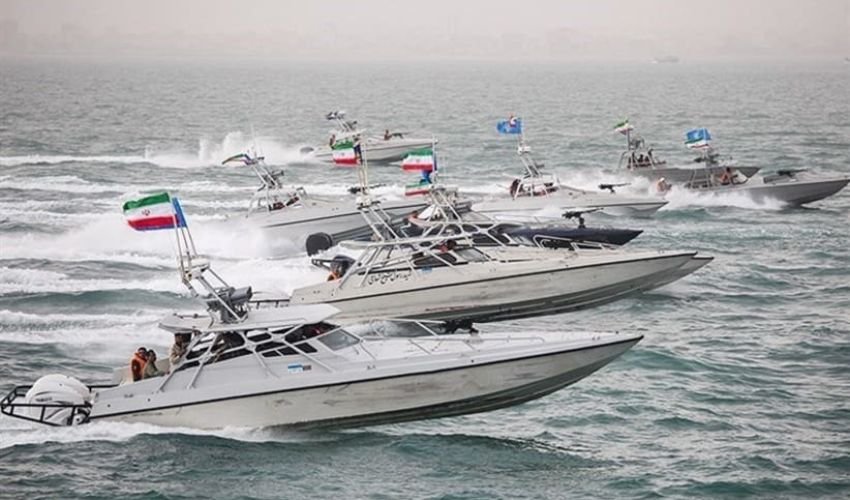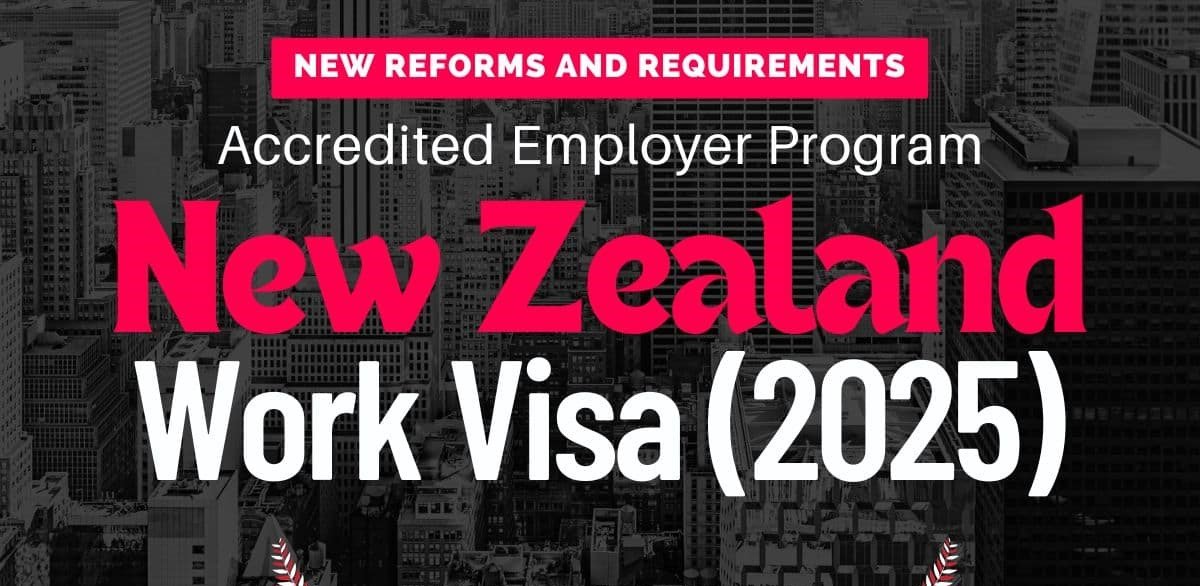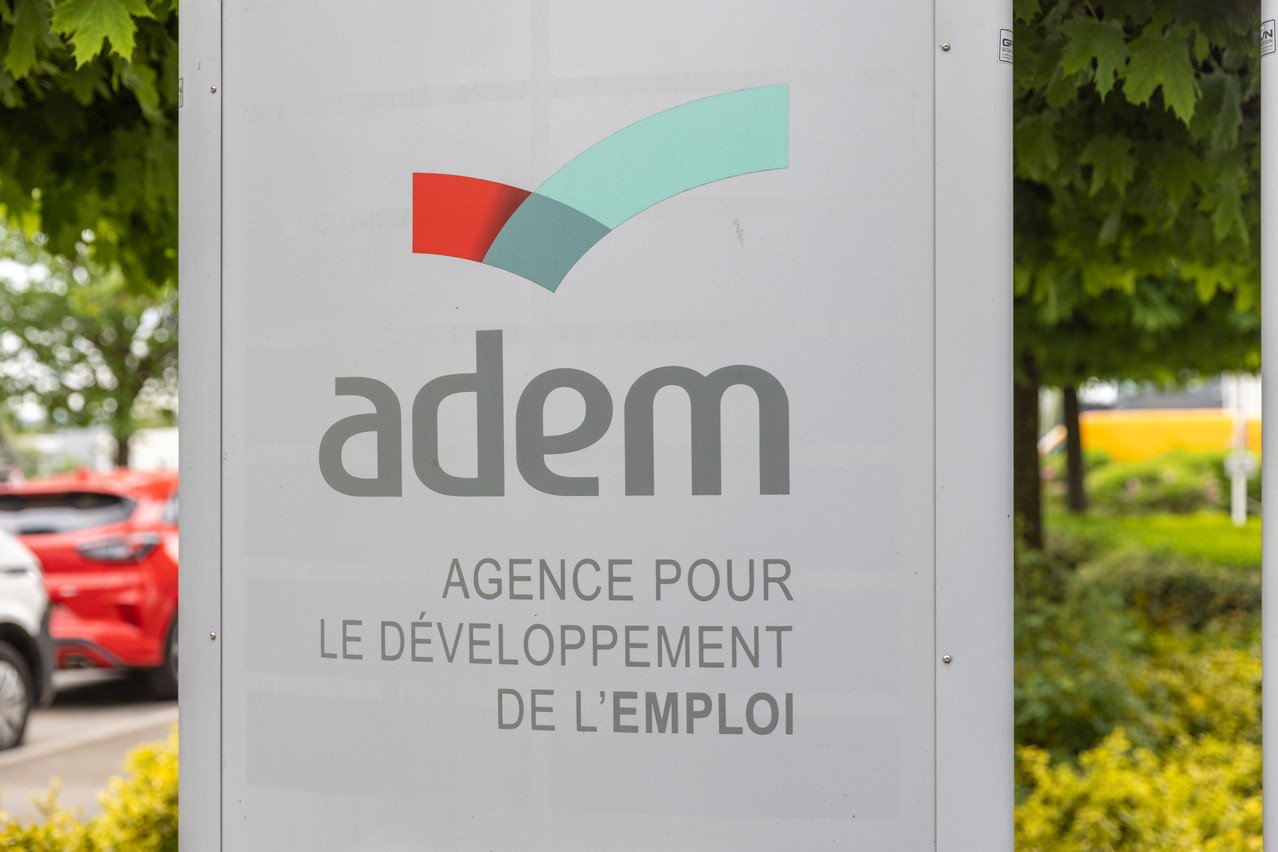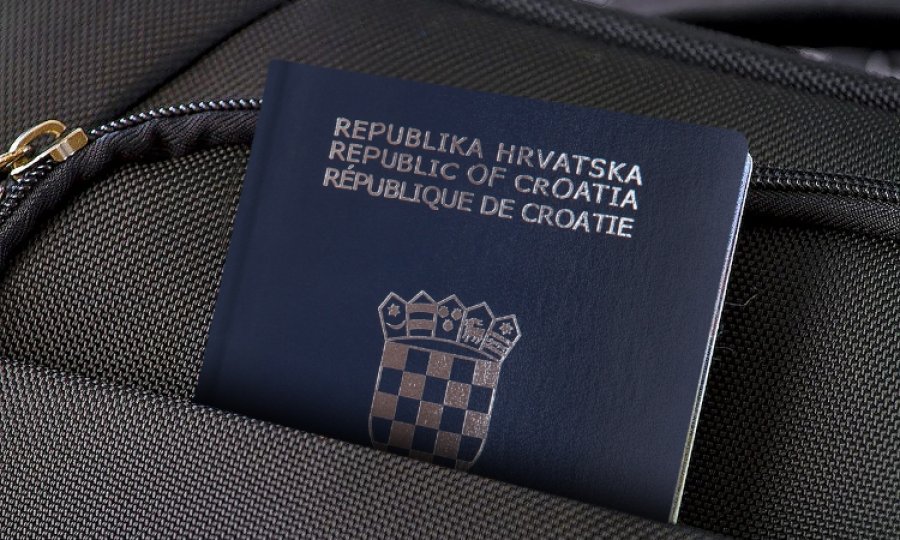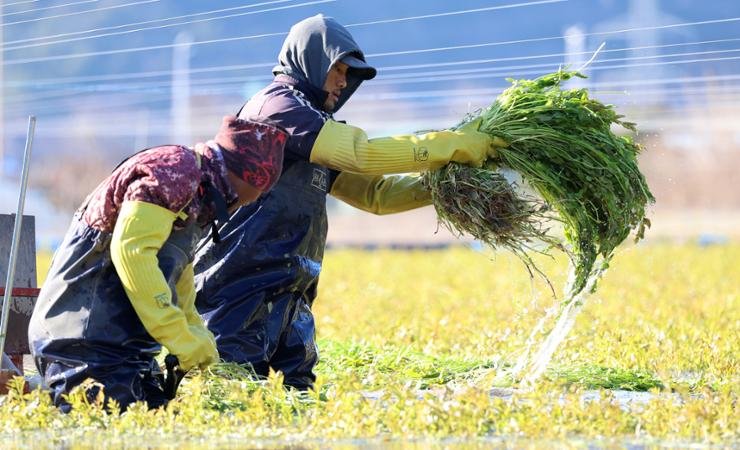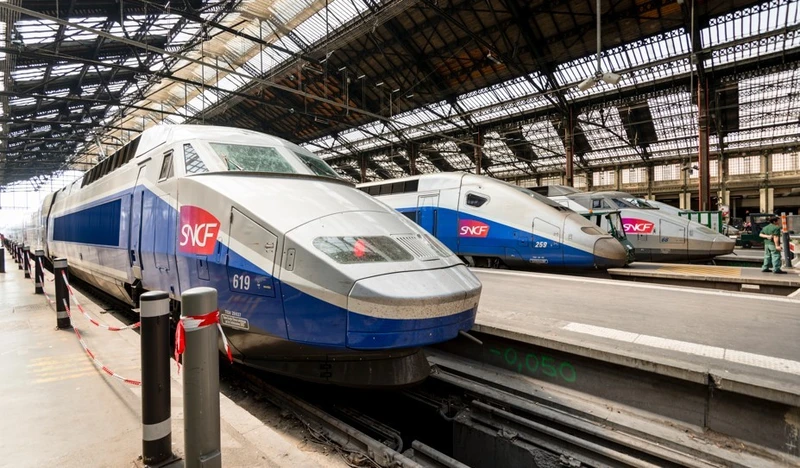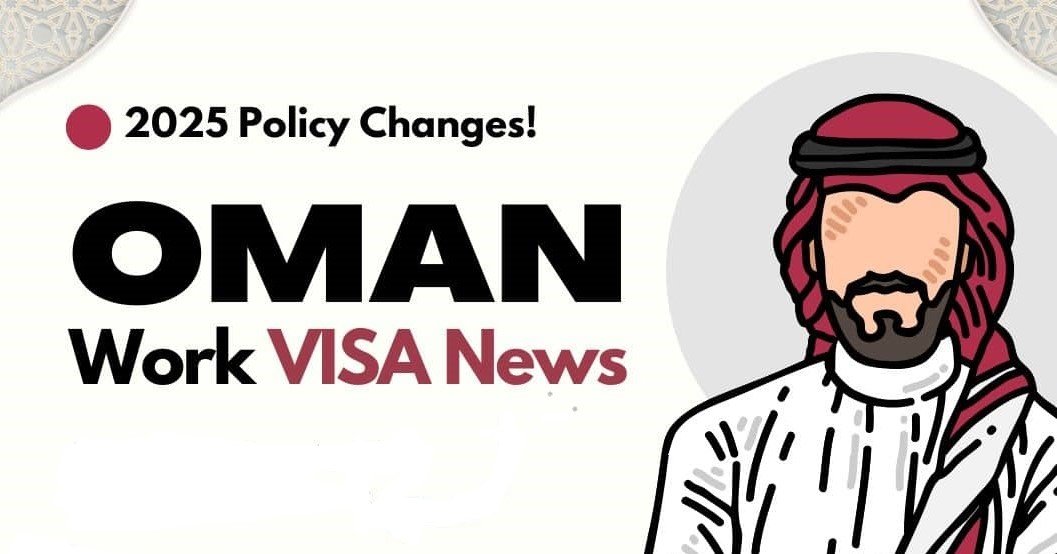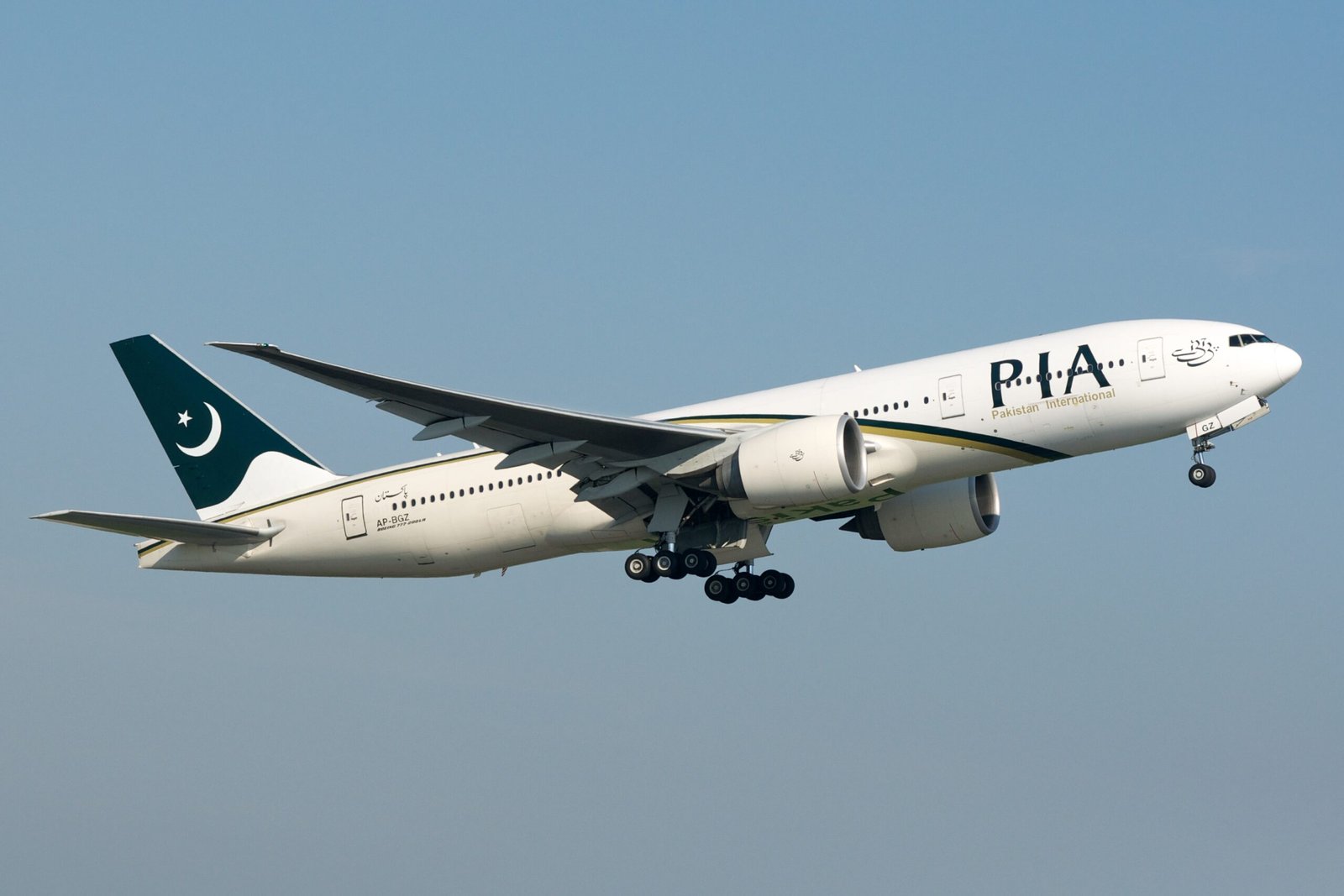
Pakistan’s attempt to privatize its beleaguered national airline, Pakistan International Airlines (PIA), encountered a major hurdle when the only bidder, Blue World City—a real estate development company—proposed just PKR 10 billion (approximately ₹30.25 crore) for a 60% stake. This bid was significantly below the government’s minimum requirement of PKR 85 billion set by the administration of former Prime Minister Shehbaz Sharif, as reported by PTI.
The bidding event, which took place at a luxury hotel in Islamabad and was streamed live on PTV, highlighted the government’s urgent need to divest from unprofitable state enterprises, a requirement linked to Pakistan’s recent $7 billion deal with the International Monetary Fund (IMF). Although six entities were shortlisted for the sale in June, only Blue World City moved forward to the final bidding phase.
The Privatisation Commission has since urged the bidder to increase its offer to meet the established minimum price. In response, Saad Nazir, Chairman of Blue World City, offered a tepid endorsement, stating, “We wish the government all the best if they don’t want to accept our bid.” He also suggested that there might be interest from Chinese and Turkish investors with experience in the aviation sector, should the bidding process continue.
The Pakistani government intended to sell between 51% and 100% of its stake in PIA, which is grappling with significant debt and operational challenges. The airline’s assets, including its fleet and operational routes, are valued at around PKR 152 billion. However, the company’s workforce—over 7,100 employees, including approximately 2,400 daily-wage workers—poses a substantial obstacle for potential investors, many of whom would need to invest considerable resources to make PIA profitable.
Adding to the difficulties, PIA has been grappling with persistent issues, including a ban from the European Union that was enacted in 2020 due to the discovery that multiple pilots possessed fake licenses, effectively preventing the airline from operating in European airspace. Coupled with a swiftly aging fleet and a track record of financial losses, the prospects for selling PIA seem increasingly bleak. This situation highlights the broader challenges Pakistan encounters in reforming its state-owned enterprises amid significant fiscal constraints.



